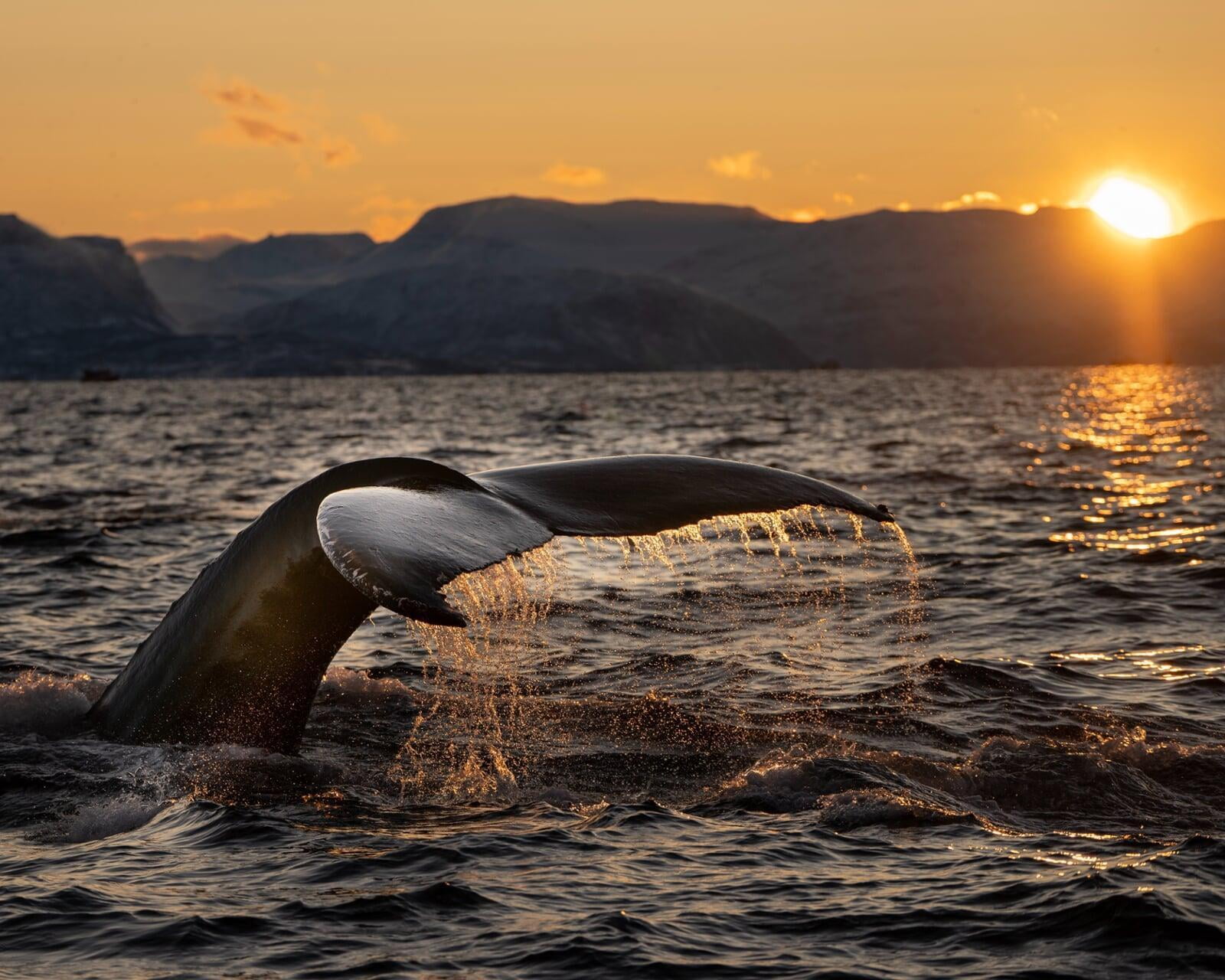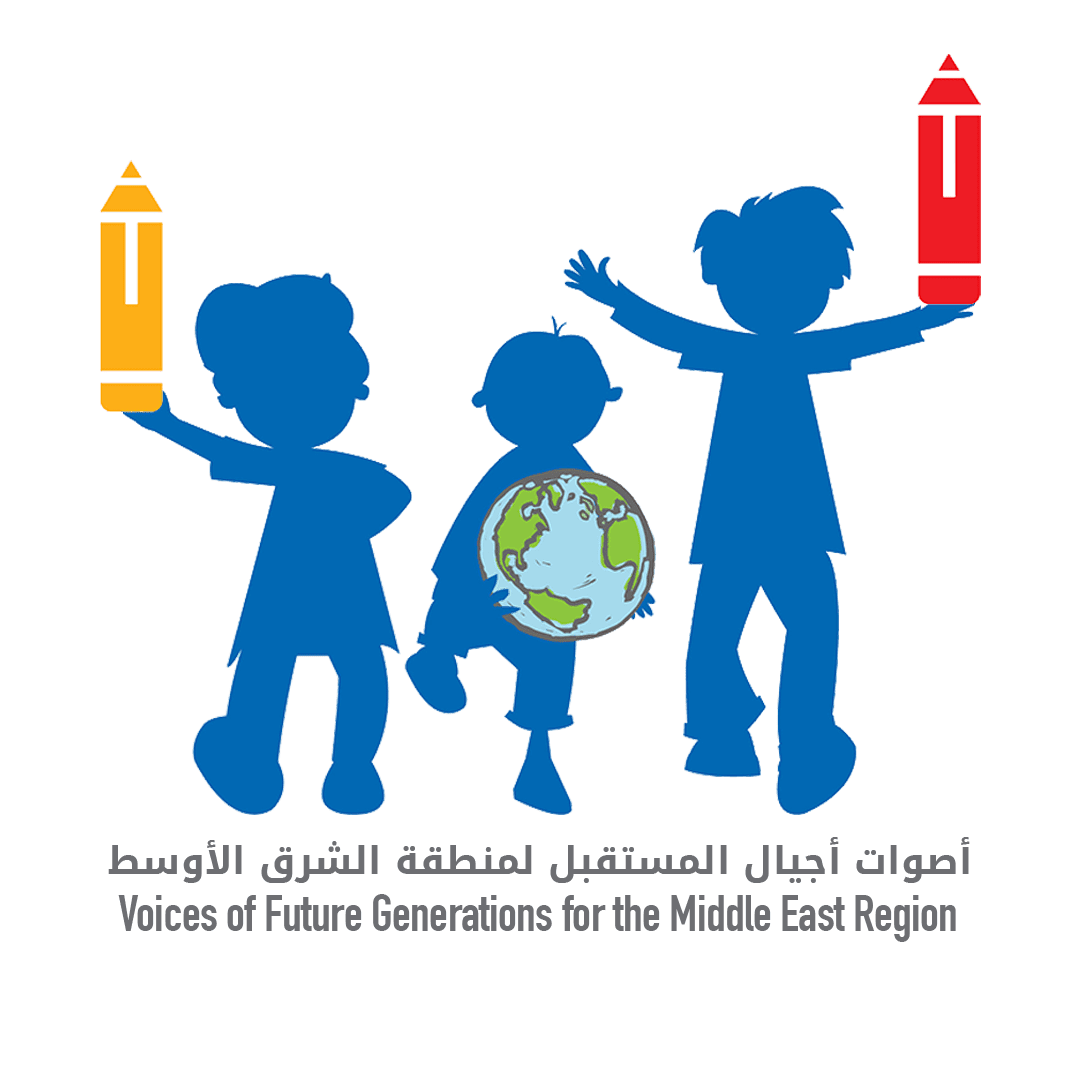
Why we are bringing whales to Dubai
Why we are bringing whales to Dubai
What produces half of all the oxygen we breathe and absorbs huge amounts of carbon?
What, if we had more of them, could help solve the climate crisis?
Are you thinking trees? You’d be half right. But the ocean is working just as hard as the forests, soaking up vast amounts of the carbon we produce. It does this in many ways, but I am talking specifically about the tiniest plants with the biggest impact; the vast blooms of phytoplankton that stretch over huge swathes of the ocean.
And phytoplankton need whales. Why? Their poo is iron rich fertiliser.
Whales are our natural climate friends and allies. They are intelligent, social, totally awesome, and they help us protect the planet. You’d think helping them would be a no brainer.
Yet whales are threatened like never before. It’s not just hunting. It’s pollution, it’s the danger of being hit by a ship, or getting trapped in a kilometre-long fishing net. Because of these threats, many species are slowly vanishing from our ocean. Worse still, in lots of places we simply don’t know enough about how many whales there are, or how they are being impacted by the ships, nets and plastic we humans put in, or on, the ocean.
But there is hope.
Whale and Dolphin Conservation (WDC) is heading to Dubai for Cop28 in November where the world’s governments, scientists and nature experts will work together to figure out how we can stop climate change.
WDC will be talking to the decision makers, presenting evidence from new research and arguing strongly, for governments and corporations to do better, especially for whales and dolphins and the ocean.
And the solution – the ‘thing’ we are asking them to do for the ocean, is remarkably simple:
Leave large parts of it alone.
The world’s governments have recently committed to 30% of the ocean protected by 2030.
That's a really big and important promise! If done right, WDC will help make sure the people making decisions at COP 28 know all about whales and what needs to be done to help them bounce back after so many years of being hunted.
We cannot, (and don’t wish to), stop fishing, shipping, oil exploration or other human activities, we simply need to make sure these things are done with knowledge, respect and appreciation when it comes to whales and dolphins.
The big win-win is that governments can take these actions to protect whales and allow them to flourish as part of their plans to tackle climate change.
In protecting the ocean, we will help whale populations recover. Their vast bodies will solidify carbon. And they will nurture huge phytoplankton clouds, sinking carbon, and producing the oxygen that all life needs.
By helping the whales, we will save not just the planet, but ourselves.
Favourite book right now: . Tyger, by S F Said
Favourite animal/life form: Orca (killer ‘whales,’ actually dolphins)
Favourite hero/heroine: Lyra (His Dark Materials)
Voice of Chris Vick
Chris Vick is Director of Strategic Development at Whale and Dolphin Conservation (www.whales.org) . He also writes books about the sea, nature and conservation for young people. His books have been shortlisted for major prizes in the UK and internationally.
His most recent novel, The Last Whale warns of the collapse of whale populations if humanity does not act to protect them.
‘A beautifully written conservationist call to arms,’ The Guardian.


